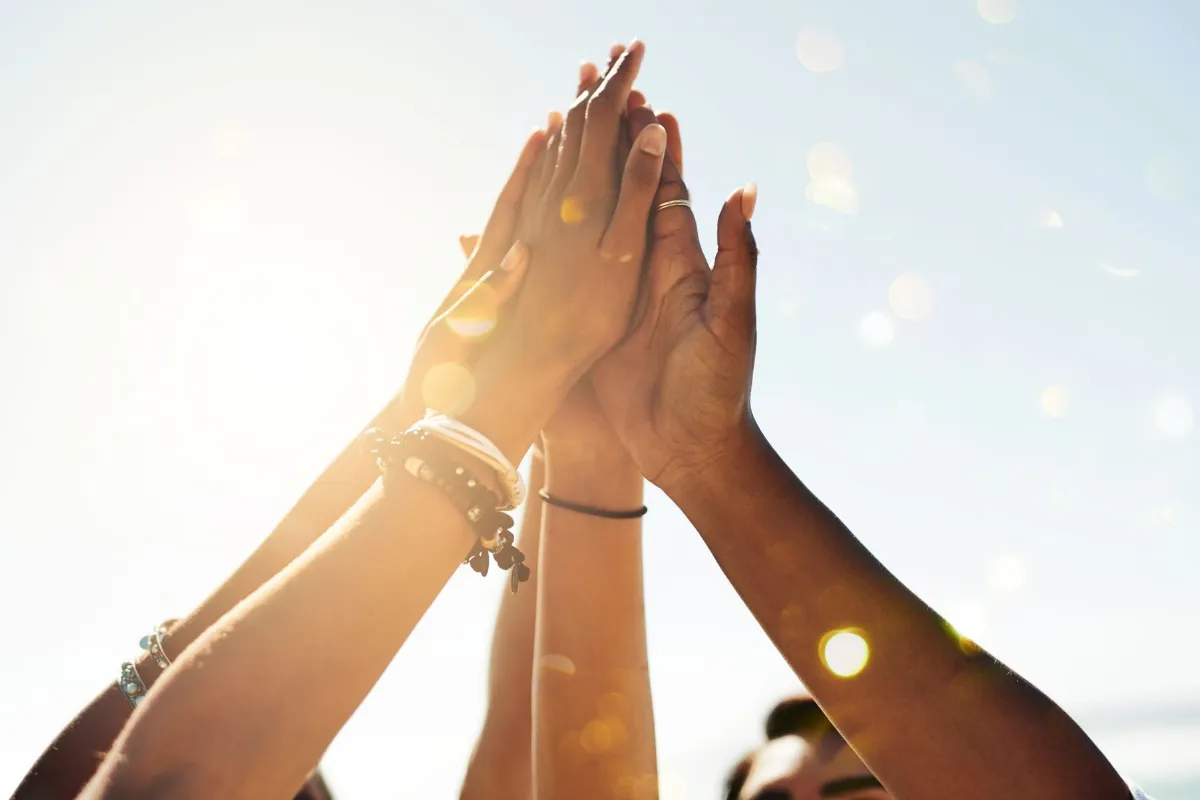What does culturally safe support for addiction really mean in practice?

They say you can’t treat pain if you can’t see where it lives. Culturally safe support in addiction treatment is defined by the person receiving care, not the service delivering it. It’s care that recognises and respects a person’s cultural identity, values and lived experience, and is delivered with a conscious effort to avoid re-traumatisation or discrimination. In Australia, these practices are vital to Aboriginal communities because they address past harm, restore agency and lead to long-term recovery.
At Marrin Weejali, our programs and community gatherings are open to everyone in Western Sydney. For those facing addiction or emotional pain, we offer support that respects identity and experience. If you’re wondering what meaningful, culturally aware care looks like day to day, there’s a lot more to it than awareness or intention.
Understanding cultural safety in addiction support
Cultural safety calls for critical reflection on power dynamics and a commitment to creating environments where individuals feel secure in their identity. In addiction support, this means eliminating assumptions, identifying bias within clinical models, and making respect the foundation of every interaction. Instead of asking, “What’s wrong with you?” we ask, “What’s happened to you? How would you like to be supported?”
For Aboriginal people, historical and systemic factors such as colonisation, dispossession, the Stolen Generations and racism have created deep mistrust of institutions and contributed to intergenerational trauma. Addiction is often connected to these experiences, making culturally unresponsive care not only ineffective but potentially harmful.
It is a highly individualistic approach to addiction recovery, determined by what feels right, respectful and appropriate to the person receiving care. This means things can vary between people and communities. Practitioners have to listen without assumption, avoid imposing rigid models, and support autonomy at all times. Healing begins when people feel seen and heard, when their experiences are honoured, and their voices truly matter.

The importance of meeting people where they are
When services reflect and respect a person’s cultural identity, participants are more likely to engage willingly. Support that aligns with worldview and lived experience lowers resistance and builds confidence. For Aboriginal people, this can mean feeling safe enough to speak openly, return for follow-up care and stay committed to treatment.
Trust isn’t built through words. It’s built through consistency. For people carrying the weight of past harm, it’s the steady, everyday signals in treatment that make a difference, like showing up on time, following through, and listening without interruption. Gradually, these patterns show that it’s possible to rely on care without being let down.
Research and lived experience show that culturally responsive models lead to better health outcomes. When programs incorporate culture through the involvement of Elders, community leadership and other traditional practices, they often see higher engagement and reduced relapse rates. Why? Because success is rooted in relationships, not standard interventions.
How Marrin Weejali delivers meaningful support
At Marrin Weejali, we don’t treat addiction in isolation. We understand it comes with context, including emotional pain, social disadvantage and cultural disconnection. Our services are grounded in respect, self-determination and care that is right for our people and community. As an Aboriginal corporation, we respond directly to the needs and voices of those we support.
We integrate traditional and contemporary healing, including group therapy as a space for cultural reconnection. We also host events that celebrate identity and resilience. Yarning is a therapeutic model often overlooked in conventional mental health settings, but it is a powerful tool for healing. Storytelling and shared experience build strength, connection and a sense of belonging.
Communities across Western Sydney are diverse, with needs shaped by history, family structures, housing instability and social pressures. At Marrin Weejali, our flexible, accessible programs reflect real-world circumstances, including walk-in support, referral advocacy, outreach and connection to local networks. Services are delivered in a safe, familiar space, not somewhere clinical or intimidating.
Implementing culturally safe practices in broader addiction services
For service providers looking to strengthen their approach to culturally safe care, the starting point is listening. Listen to community members, Aboriginal organisations and those with lived experience. It’s about relationships, not procedures. Build in flexible options that reflect real needs in the community, and create a space that feels welcoming, familiar and respectful. Don’t rush people through. Take the time to be present.
Organisations rely on their people, and staff need both training and meaningful community engagement to develop the skills required for culturally safe care. Ongoing learning is essential. It challenges bias, strengthens historical understanding and builds confidence in having respectful, informed conversations. Just as importantly, it supports lasting relationships built on trust and accountability.
Marrin Weejali is run by our people, for our people. Services that want to offer meaningful care need to embed cultural safety at every level. That includes employing Aboriginal staff, designing flexible programs and making sure policies support, not restrict, the way individuals want and need to heal.
Take the first step towards healing and reconciliation
This work is not easy. Culturally safe support for addiction takes time, care and an ability to hold space for stories that are often painful to tell. But over time, the impact becomes clear—not in numbers or reports, but in quiet returns, stronger voices and moments where someone finally feels secure enough to ask for help.
At Marrin Weejali, we offer sensitive programs and mental health support for our people while working alongside traditional providers for a holistic approach to healing. This collaboration helps ensure that care meets both cultural and clinical needs without compromise.
If you or someone you know needs support to overcome addiction, you are welcome at Marrin Weejali.
Contact us for a confidential discussion.

